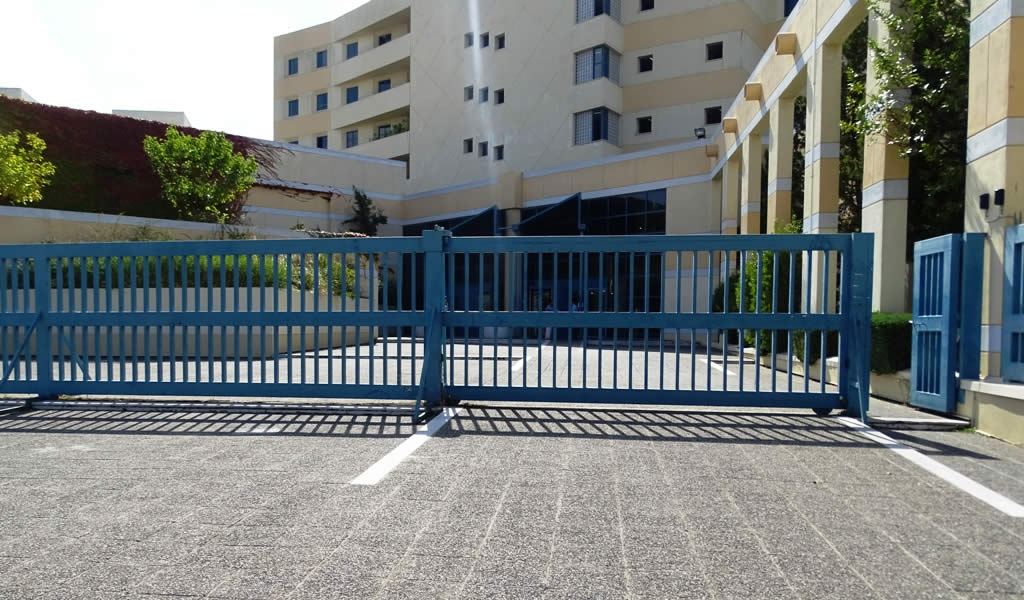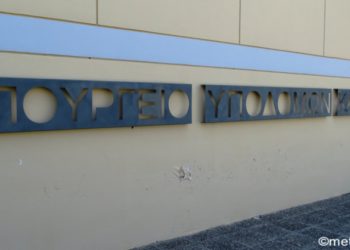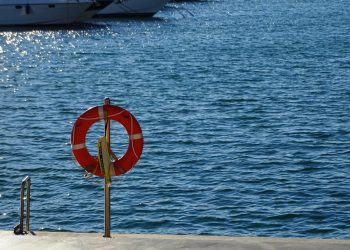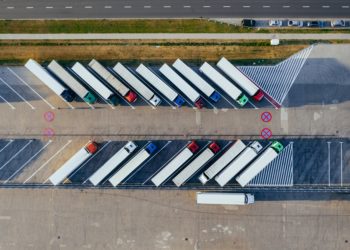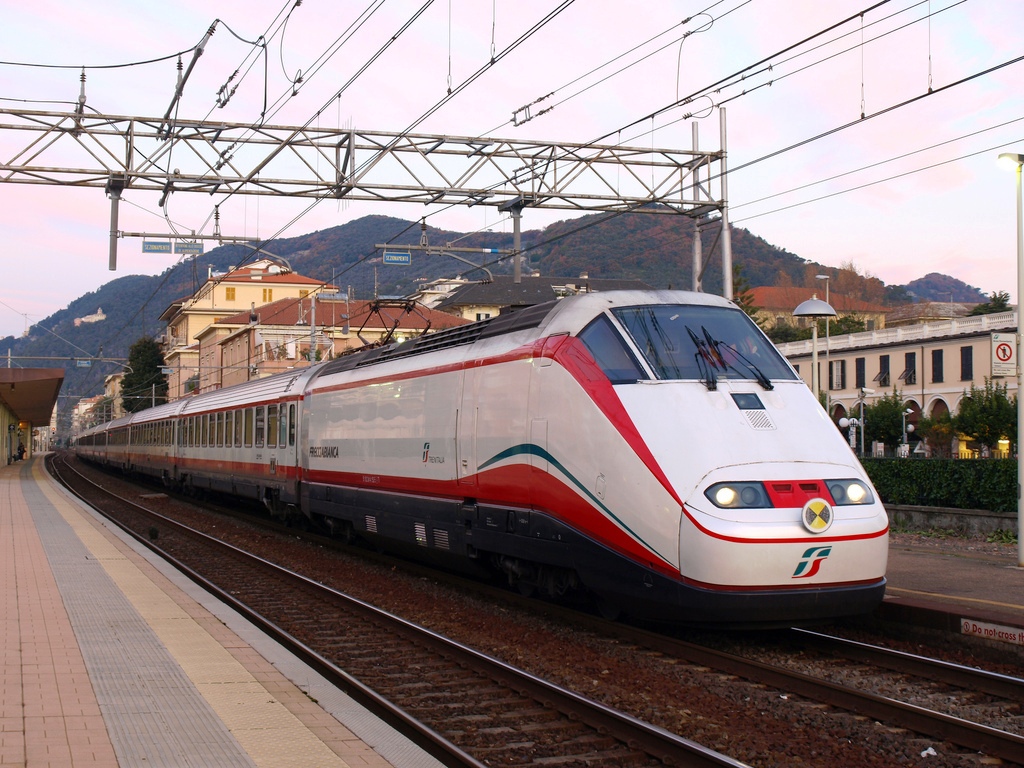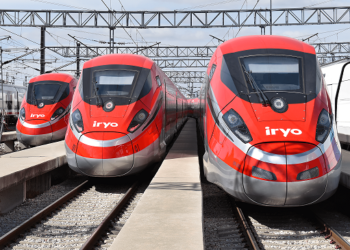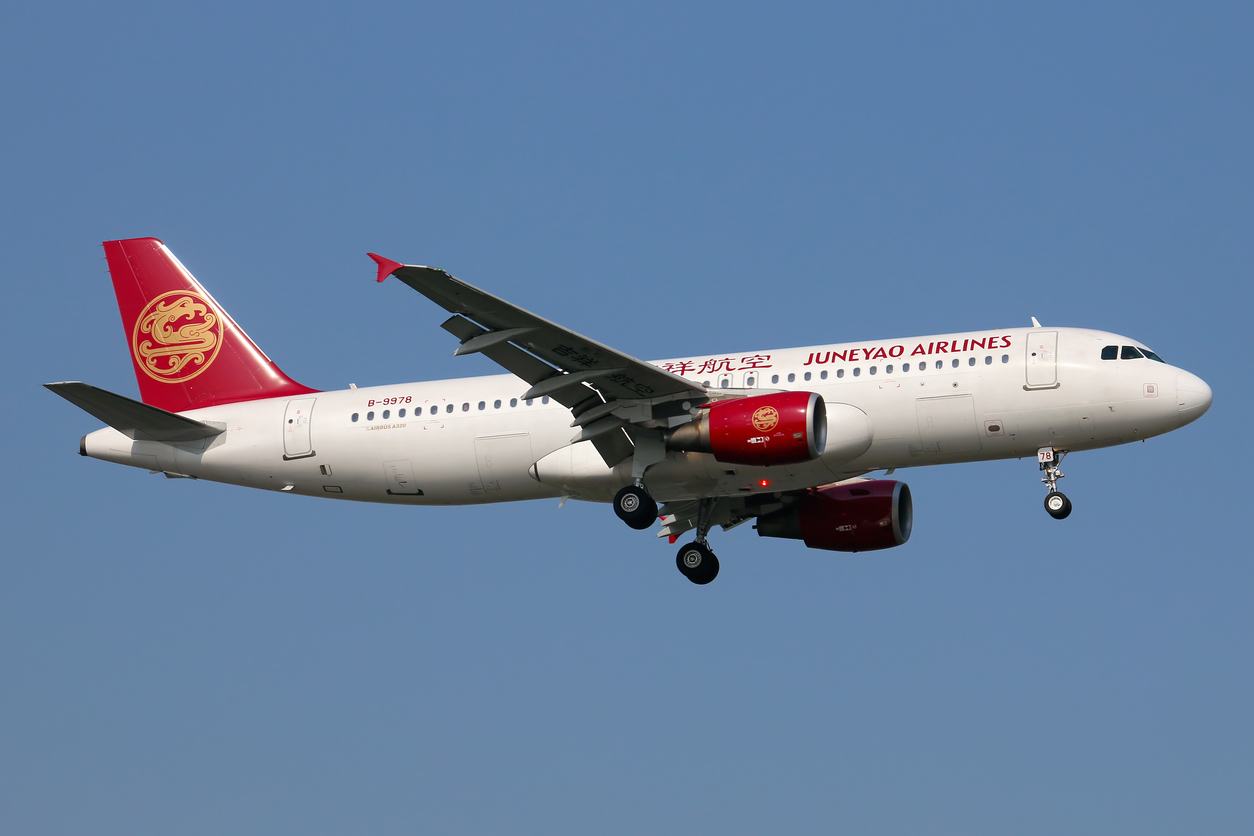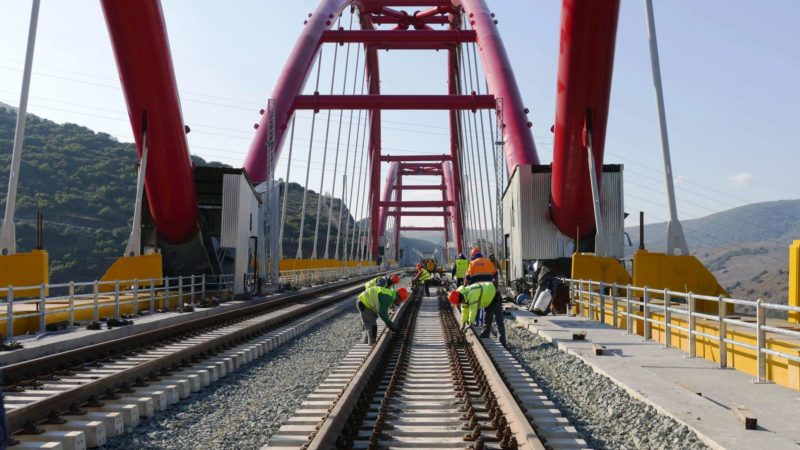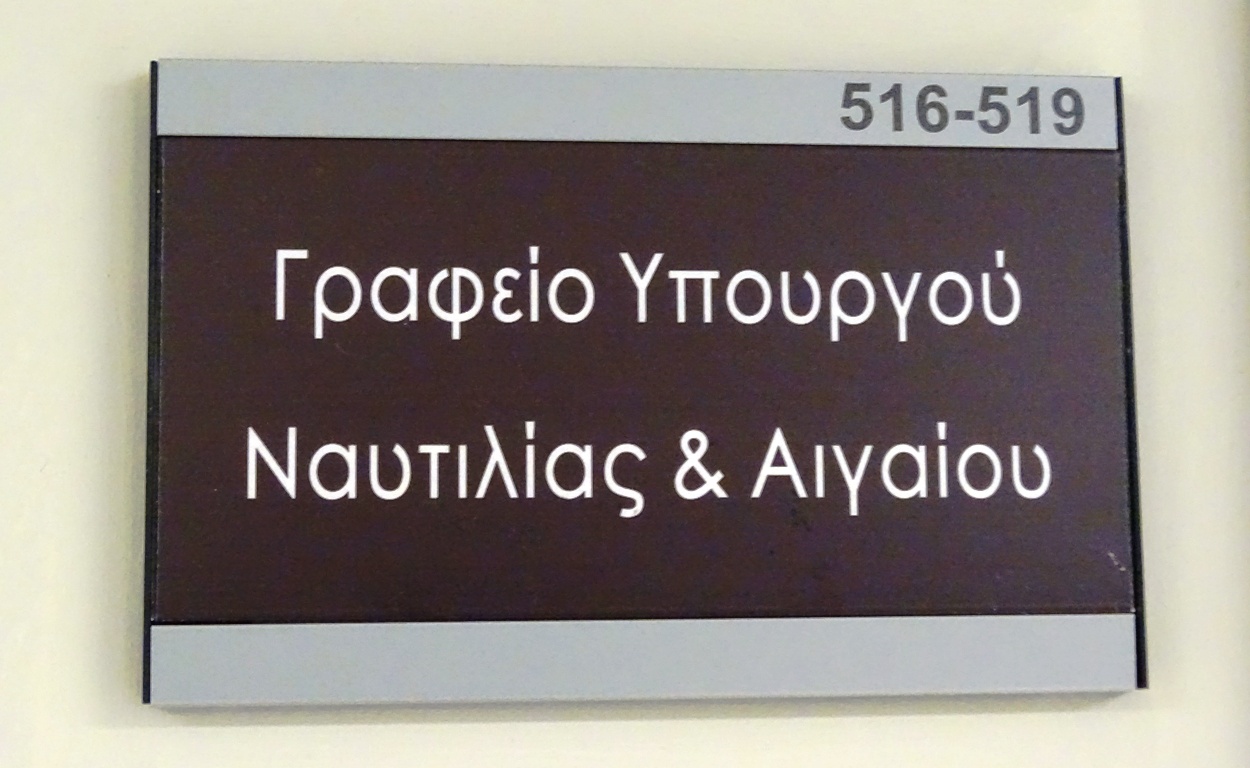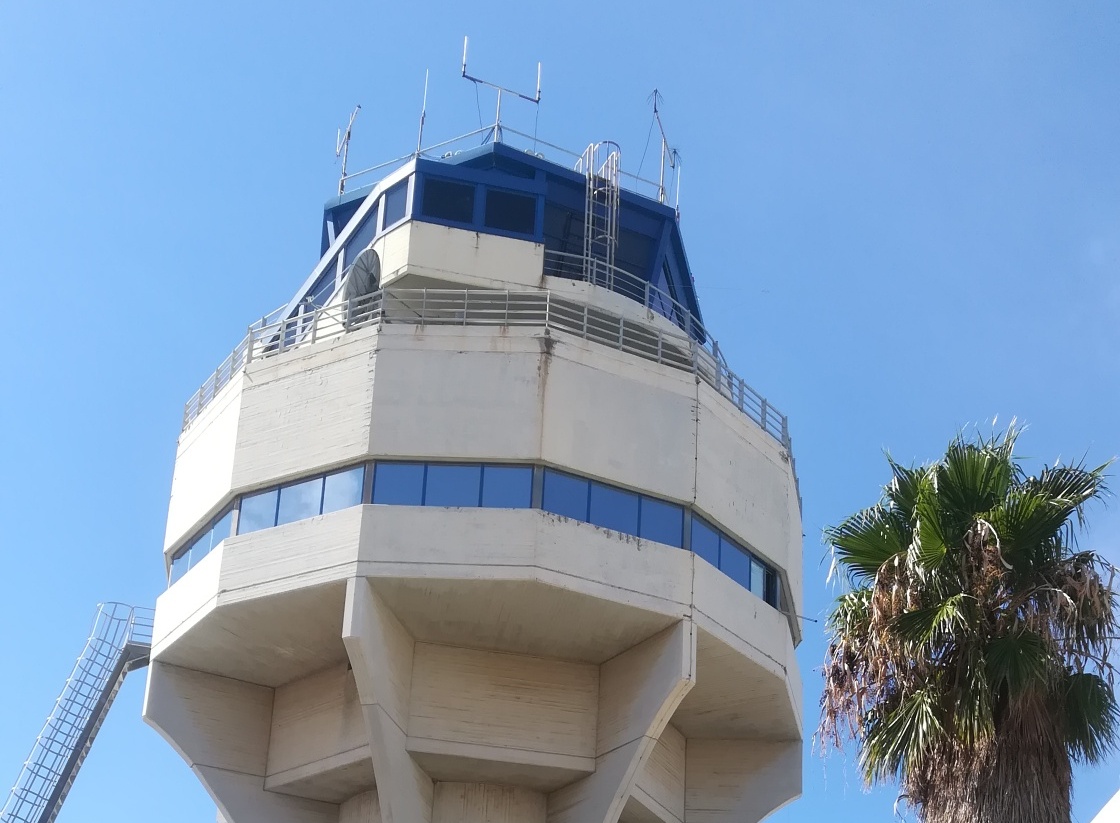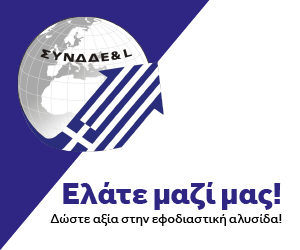FS Italiane Group has completed the public tender procedure for the sale of the former railway station of Porta Romana in Milan.
The tender was awarded to “Fondo Porta Romana”, managed by COIMA S.G.R. and participated by Covivio, Prada Holding and COIMA ESG City Impact Fund, with a bid of €180 million, slightly higher than the average of the previous non-binding offers.
In the space of nine months the tender saw the active participation of about 20 of the major Italian and international operators in the sector and the submission of seven non-binding offers.
The Porta Romana area, which covers around 20 hectares, will host the Olympic Village for the Winter Games of Milan-Cortina 2026 with accommodation for Olympic and Paralympic athletes. At the end of the Games the spaces will be converted to social housing and student housing in terms of environmental sustainability for the benefit of the community.
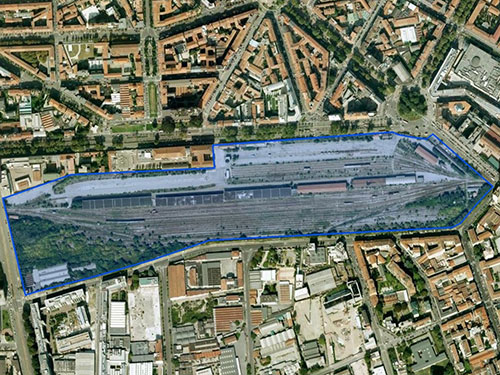
The project is in perfect harmony with the Program Agreement signed in 2017 by the Municipality of Milan, Lombardy Region and FS Italiane Group. The agreement was created with the aim of redeveloping the seven former railway stations of the Lombardy capital (Farini, Porta Romana, Porta Genova, Greco-Breda, Lambrate, Rogoredo, San Cristoforo), with a view to urban redevelopment, while creating green spaces for citizens for 65% of the total area of the stations, and 50% of the entire area of Porta Romana.
In the coming months an international tender will be held for the masterplan that will offer the basic vision for the urban planning implementation of the entire compendium. In r sale of the former railway station of Porta Romana with determination, in synergy with the Lombardy Region and the Municipality of Milan, on which will be launched an urban redevelopment of public green areas, students and social housing following the construction of the Olympic Village for the Winter Games of Milan-Cortina 2026.”, underlined the CEO and General DIrectorg of FS Italiane Group Gianfranco Battisti.
“The Olympic Village, in particular, will be an important international showcase for the city and will help to attract significant levels of tourism, which in turn will generate economic benefits. The redevelopment of the area as a whole is a unique example in Italy of long-term vision, as every activity revolves around the concept of social, environmental and economic sustainability. We can proudly declare that this is one of the most important urban regeneration interventions, in a city already undergoing strong evolution, which will be of impulse and hope for the future.”, Battisti concluded.
(FSI)

